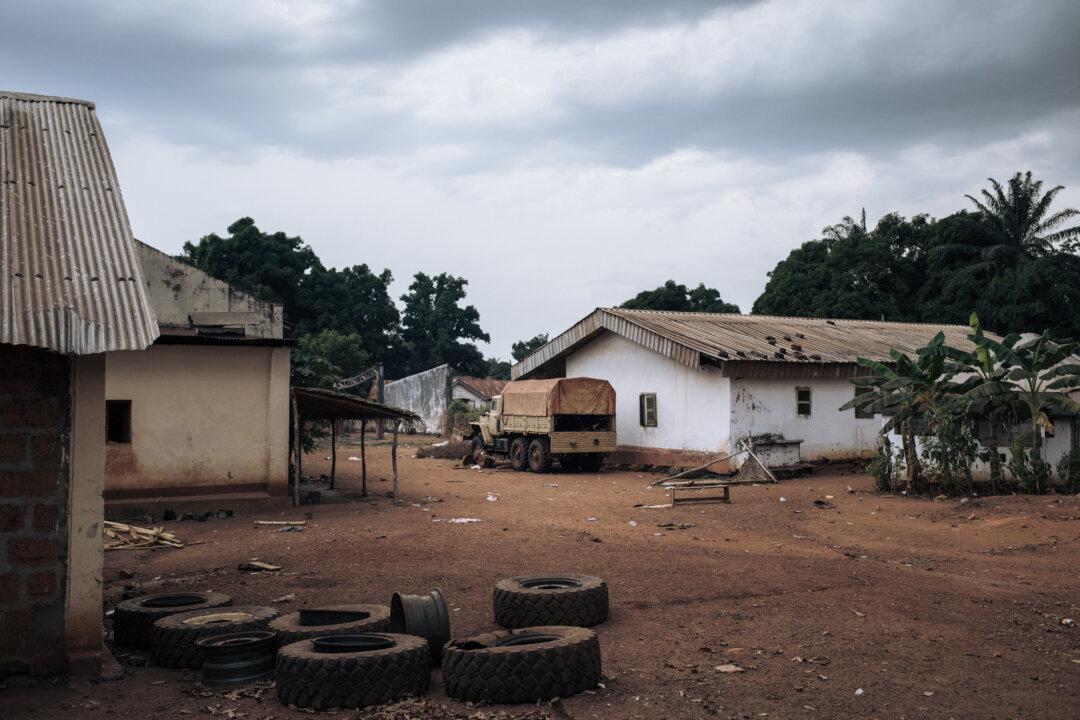In late March, the founder of the Russian mercenary force Wagner Group authored a “letter” to U.S. Secretary of State Antony Blinken that left the global intelligence community and governments scratching their collective heads.
In the communication, Yevgeny Prigozhin suggested to Blinken that the United States and Wagner PMC (Private Military Company) should cooperate to ensure “peace and security” in Africa going forward.





